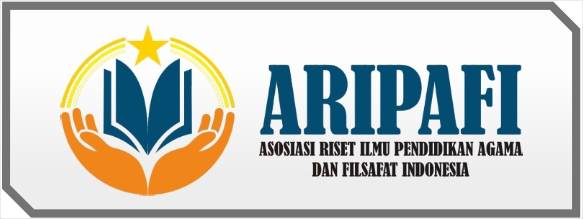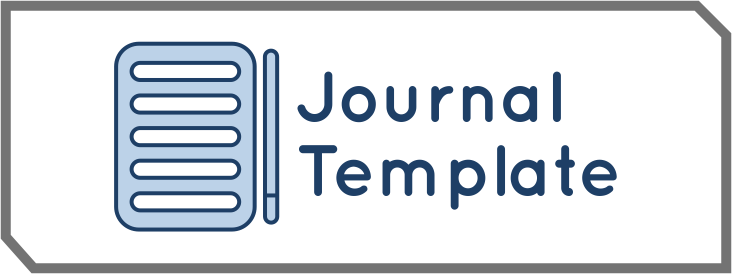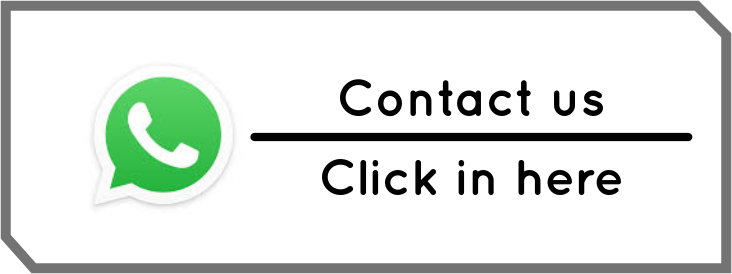Studi Implementasi Pendekatan Contextual Teaching and Learning pada Mata Pelajaran Fiqih di Madrasah Aliyah
DOI:
https://doi.org/10.61132/reflection.v1i3.820Keywords:
Contextual Teaching, Fiqh Learning, Learning, StrategyAbstract
The essence of education as stated in the Preamble to the 1945 Constitution is to educate the nation, namely to form citizens who are creative and innovative in applying knowledge to face challenges in social, national, and state life. This study aims to determine the form of learning innovation applied by teachers in the Fiqh subject, especially in the material on usury at Madrasah Aliyah An Nur Pagar Jati. The method used is qualitative research with a field study approach. Data collection was carried out through interviews with subject teachers and students of class XI IPS 1 who were the subjects of the application of learning strategies. The strategy applied is the Contextual Teaching and Learning (CTL) approach. Based on the results of the study, the CTL strategy has been implemented well at MA An Nur Pagar Jati and is able to improve students' understanding of the teaching material. To support the continuous improvement of the quality of education, evaluation and development of learning strategies need to be carried out continuously.
References
Abdullah, A. (2013). Madrasah di Indonesia dari masa. Paramita, 23(2), 193–207.
Abidin, Z. (2022). Contextual teaching and learning (CTL) learning model in improving the quality of understanding fiqh materials. Formosa Journal of Social Sciences, 1(2), 131–150.
Amini, & Dwi, V. (2021). Konsep pengembangan pengalaman belajar di SD. Jurnal Sosial Humaniora dan Pendidikan, 4(1), 68–76.
Andriansyah, D. (2022). Pembelajaran konstruktivis pada pembelajaran fiqih di SMP UBQ Nurul Islam Mojokerto guna meningkatkan berpikir kritis siswa. Nuris Journal of Education and Islamic Studies, 4(2), 89–98.
Astiti, P., Suminar, J. R., & Rahmat, A. (2018). Konstruksi identitas guru bimbingan konseling sebagai komunikator pendidikan. Jurnal Kajian Komunikasi, 6(1), 1. https://doi.org/10.24198/jkk.v6i1.7738
Ester, K. (2023). Model pembelajaran contextual teaching and learning (CTL) di SD GMIM II Sarongsong. Jurnal Ilmiah Wahana Pendidikan, 9(20), 967–973.
Fatimah, M., Fatoni, M. H., Santoso, B., & Syarifuddin, H. (2024). School administration: The key to success in modern educational management. Journal of Loomingulisus Ja Innovatsioon, 1(3), 141–149. https://doi.org/10.70177/innovatsioon.v1i3.1422
Fatoni, M. H., & Sukari. (2024a). Arah masa depan pendidikan Islam Indonesia di era Society 5.0. At Tanbih: Jurnal Pendidikan Agama Islam, 1(2), 36–54. https://ejournal.staimmgt.ac.id/index.php/tanbih/article/view/atanbihvol1no220244
Fatoni, M. H., & Sukari. (2024b). Opportunities and challenges for Islamic education in the age of technological advancement. Jurnal Paradigma, 16(2), 133–145. https://doi.org/10.53961/paradigma.v16i2.226
Gajah, N. A. (2023). Peranan strategi pembelajaran contextual teaching and learning pada mata pelajaran fiqih. Guruku: Jurnal Pendidikan dan Sosial Humaniora, 1(2), 107–119.
Hakim, M. W., & Sari, D. M. M. (2022). Practicing contextual teaching and learning approach to enhance students’ higher order thinking skill on writing ability. Elsya: Journal of English Language Studies, 4(3), 298–308. https://doi.org/10.31849/elsya.v4i2.11541
Khairunnisa, I., & Bustam, B. M. R. (2023). Dimensi fitrah dan relevansinya dalam pendidikan agama Islam berbasis konsep Merdeka Belajar. Ta’dibuna, 12(2), 121.
Makalalag, A., Naharia, O., & Manuahe, C. (2024). Implementation of the contextual teaching and learning model in improving learning outcomes in the cognitive realm of students at MAN Model 1 Plus Keterampilan Manado. Jurnal Pendidikan Tambusai, 8(2), 22391–22404.
Mulia, B. (2020). Penerapan contextual teaching learning pada materi fiqih dan sejarah kebudayaan Islam jenjang madrasah aliyah. Fikrah: Journal of Islamic Education, 4(1), 84–96.
Ningsih, S. S. (2021). Penerapan metode modelling the way untuk meningkatkan kemampuan praktek shalat pada mata pelajaran fiqih siswa kelas II MDTA Al-Khoirot Desa Sako Margasari Kecamatan Logas Tanah Darat Kabupaten Kuantan Singingi. JOM FTK UNIKS, 2(2), 21–33.
Nofarof, A. (2022). Pembelajaran contextual teaching learning (CTL) pada masa pandemi COVID-19: Sebuah tinjauan. Jurnal Dinamika, 3(2), 112–127.
Nofitasari, D. (2023). Optimalisasi pengalaman belajar siswa SD melalui media pembelajaran interaktif berbasis web. Nusantara Educational Review, 1(1), 43–55.
Rohmatullah, M. M. (2022). Penerapan metode pembelajaran mind mapping untuk meningkatkan prestasi belajar siswa pada mata pelajaran fiqih. DIRASAH, 5(1), 2621–2838.
Rosmilawati, I. (2018). Konsep pengalaman belajar dalam perspektif transformatif: Antara Mezirow dan Freire. Prosiding Seminar Nasional Pendidikan FKIP UNTIRTA.
Simeru, A., & Nelmira, W. (2019). Model-model pembelajaran. Klaten: Penerbit Lakeisha.
Sugiyono. (2013). Metode penelitian kuantitatif, kualitatif dan R&D. Bandung: Penerbit Alfabeta.
Ubaidillah. (2023). Strategi contextual teaching and learning pada pembelajaran fiqih di Madrasah Ibtidaiyah Negeri 22 Hulu Sungai Tengah. Adiba: Journal of Education, 2(4), 470–481.
Warisno, A. (2022). Implementasi teori belajar konstruktivisme pada pembelajaran fiqih. Unisan Jurnal: Jurnal Manajemen dan Pendidikan, 2(2), 51–65.













